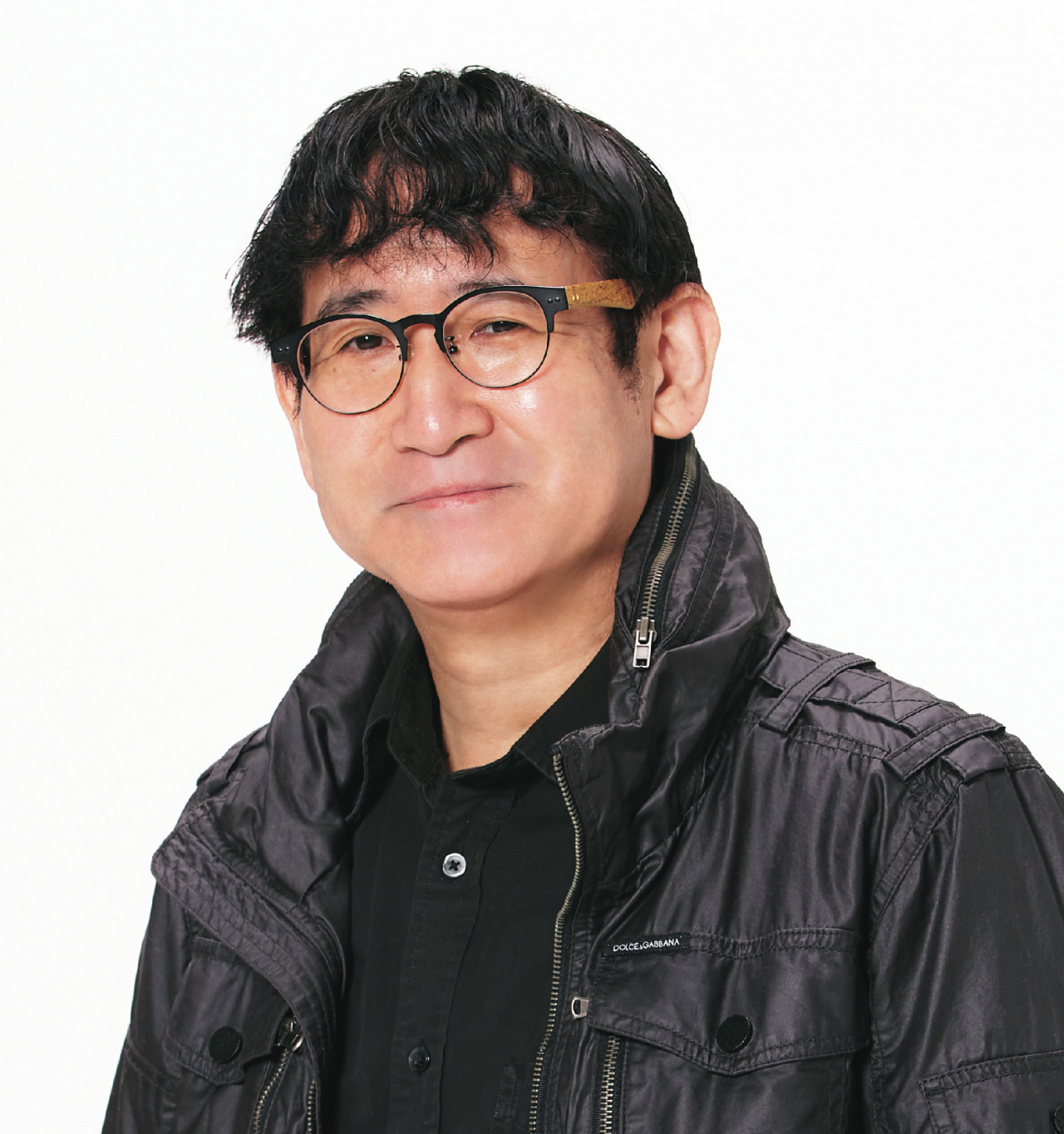 |
Kazunori Nakamura, director of Takarazuka Revue Company (Korea Arts Management Service) |
Kazunori Nakamura, director of Takarazuka Revue Company, has been observing South Korea’s musical industry over the past three decades.
This was his first time at K-Musical Market and he was impressed by efforts put on by the Korean government.
"I am surprised that there is a systematic effort for international expansion. And it's not just for the sake of overseas expansion. I felt that the quality of the creative teams, the productions and script writing were at a high level," he said.
“Korean musicals have developed their own style from their experiences of bringing overseas productions to the stage,” Nakamura said. As a director and playwright, he travels to Korea more than 30 times a year and has watched many Korean productions.
In the past decade, he has noticed that singing has become more important than before, thanks to the popularity of musical actors.
“In the past, Korean musicals seemed to appeal to a general audience and highlighted the entertainment aspect, but nowadays, it seems actors are of greater importance, and thus (the importance of) singing," he said, adding that he believes the expression, "ticket power," might have come from Korea. "Ticket power" refers to the influence or drawing power of an artist.
“Korean audiences and actors are honest to each other. Korean audiences are great at sending energy to the actors and the actors learn from them, creating synergy,” Nakamura noted.
This year, Takarazuka Revue, an all-female theater troupe founded in 1913, has obtained the license for a Korean musical for the first time.
In July, Takarazuka Revue is set to stage the Japanese version of “Xcalibur,” a musical reinterpretation of King Arthur's legend by Korean musical company EMK. “Xcalibur,” which features music by Frank Wildhon, lyrics by Robin Lerner and a book by Ivan Menchell, premiered in South Korea in 2019.
“As we embark on our first step with ‘Xcalibur,’ I believe there will be various possibilities awaiting us in the future. In my personal opinion, I’d like to introduce musicals by Korean artists like ‘The Days,’” Nakamura noted. “The Days” is a jukebox musical based on songs by the late Kim Kwang-seok.
Nakamura said he is looking forward to the reviews that the Japanese version of “Xcalibur” performed by the storied theater troupe will receive.
"We try to localize 'Xcalibur' to fit Japanese audiences' tastes, which is very important. It would be wonderful if we could successfully convey the charm of Korean musicals to Japanese audiences," he said.





![[Herald Interview] How Gopizza got big in India](http://res.heraldm.com/phpwas/restmb_idxmake.php?idx=644&simg=/content/image/2024/11/20/20241120050057_0.jpg)

